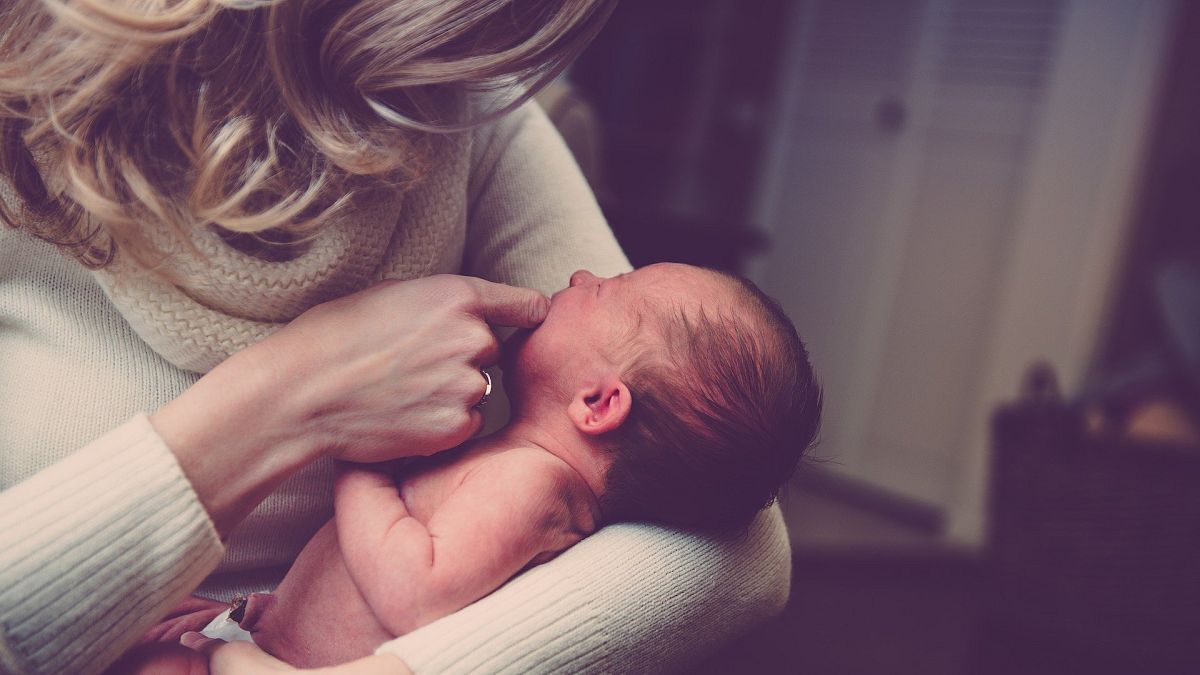The EU's top court said the extra leave had to be linked to pregnancy or birth, otherwise, it risks falling foul of the bloc's gender equality rules.
EU countries can give extra maternity leave to biological single mothers - but only if it is linked to pregnancy or the birth of their child.
Otherwise, it risks falling foul of the bloc's gender equality rules and discriminating against men taking paternity leave.
That was the ruling of the European Court of Justice (ECJ) on Wednesday.
The judgement came after a case at French labour tribunal where a father had been denied extra paternity leave because the leave was intended to "protect the special relationship between a woman and her child during the period which follows pregnancy and childbirth".
The case was referred to the ECJ to ask whether EU law excludes the possibility of restricting additional leave to female workers bringing up children on their own.
The ECJ has not ruled in favour of men or women, instead it advises EU countries what they need to do to adhere to the bloc's gender equality rules.
Experts say it raises questions over whether the French ruling meets these guidelines.
"It seems to me, if you're reading between the lines of a judgement, the Court of Justice is actually suggesting that these French rules seem somewhat suspect here in view of the non-discrimination principle," Geert van Calster, head of European and International Law at the Leuven Centre for Global Governance Studies, told Euronews.
"In theory, the [ECJ] issue only applies to the man from the Metz case," explained van Calster.
The ECJ helps national courts ensure their interpretations are compatible with EU law but leaves it to the national courts to decide on the final result in specific cases.
In practice, if the French courts agree with the ECJ, other parents could be entitled to claim exactly the same as the father in question, the law expert said.
While this specific ruling from the ECJ refers to the French legal system, van Calster says it gives judges in other member states more specific instructions if their laws discriminate against single fathers.
